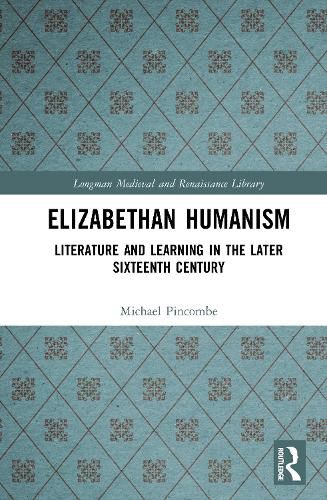Readings Newsletter
Become a Readings Member to make your shopping experience even easier.
Sign in or sign up for free!
You’re not far away from qualifying for FREE standard shipping within Australia
You’ve qualified for FREE standard shipping within Australia
The cart is loading…






The term ‘humanist’ originally referred to a scholar of Classical literature. In the Renaissance and particularly in the Elizabethan age, European intellectuals devoted themselves to the rediscovery and study of Roman and Greek literature and culture. This trend of Renaissance thought became known in the 19th century as ‘humanism’. Often a difficult concept to understand, the term Elizabethan Humanism is introduced in Part One and explained in a number of different contexts. Part Two illustrates how knowledge of humanism allows a clearer understanding of Elizabethan literature, by looking closely at major texts of the Elizabethan period which include Spenser’s, ‘The Shepherd’s Calendar’; Marlowe’s ‘Faustus’ and Shakespeare’s ‘Hamlet’.
$9.00 standard shipping within Australia
FREE standard shipping within Australia for orders over $100.00
Express & International shipping calculated at checkout
The term ‘humanist’ originally referred to a scholar of Classical literature. In the Renaissance and particularly in the Elizabethan age, European intellectuals devoted themselves to the rediscovery and study of Roman and Greek literature and culture. This trend of Renaissance thought became known in the 19th century as ‘humanism’. Often a difficult concept to understand, the term Elizabethan Humanism is introduced in Part One and explained in a number of different contexts. Part Two illustrates how knowledge of humanism allows a clearer understanding of Elizabethan literature, by looking closely at major texts of the Elizabethan period which include Spenser’s, ‘The Shepherd’s Calendar’; Marlowe’s ‘Faustus’ and Shakespeare’s ‘Hamlet’.